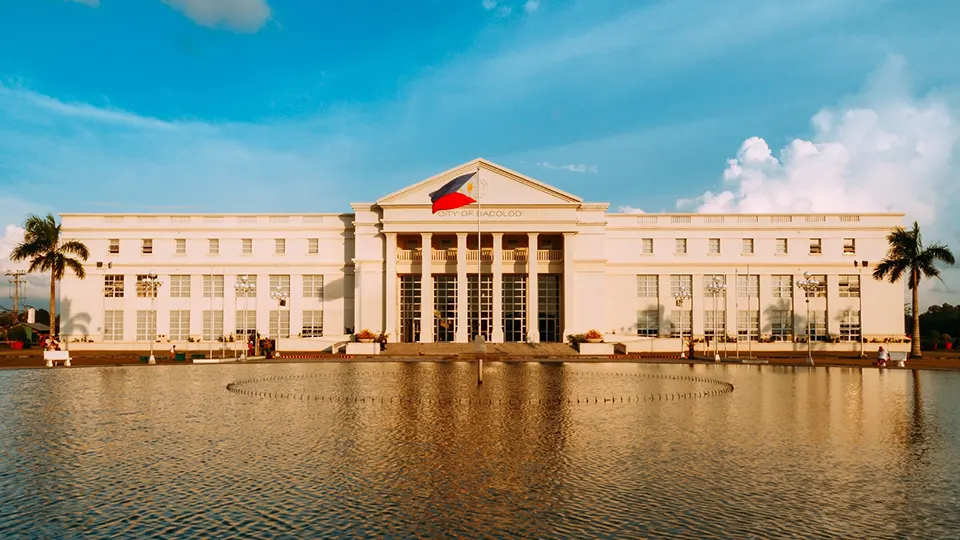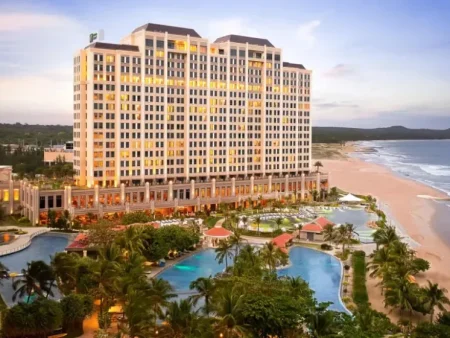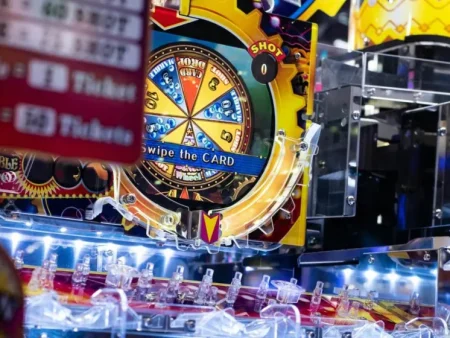The Philippine government recently announced a sweeping ban on offshore gaming operations, including Philippine Offshore Gaming Operators (POGOs). The decision follows concerns over the impact of these businesses on national security, crime rates, and economic stability. The ban is set to reshape the country’s gaming landscape, raising questions about the future of offshore gambling activities and the government’s priorities for public safety and economic health.
Background: POGOs and Their Rise

Philippine Offshore Gaming Operators, or POGOs, have been active in the country for several years, primarily offering online gambling services to foreign customers. Initially viewed as a beneficial source of revenue and employment, the sector grew rapidly. However, concerns soon emerged as authorities flagged links to illegal activities, including money laundering, tax evasion, and increased crime rates involving foreign workers associated with the industry.
Reasons Behind the Ban
The decision to ban POGOs comes after years of scrutiny and regulatory efforts aimed at curbing the industry’s negative impacts. Key reasons include:
- National Security Concerns: The government has raised concerns about offshore operators’ connections to illegal activities, which they fear could compromise national security.
- Economic and Tax Issues: Offshore gaming operations have been accused of evading taxes and creating financial instability. A government audit reported that POGOs owed substantial unpaid taxes, leading authorities to question the sector’s value to the country’s economy.
- Increased Crime: The rise in crime, often linked to foreign workers and operators, has been cited as another factor driving the ban. Authorities have reported cases of illegal detention, extortion, and other crimes tied to the gaming industry.
- Social Concerns: Community welfare and social stability are additional factors. The presence of offshore gaming centers led to various social issues, including strain on housing and public resources.
Impact on the Industry and Workers
The ban will lead to the closure of POGO businesses across the Philippines. This decision is expected to impact a significant number of workers, both local and foreign. While the government has planned support measures, the ban may create short-term disruptions in employment for those involved in the industry.
Additionally, this decision affects other businesses that have profited from POGOs, such as real estate companies that rented out office spaces and residential properties to POGO-related tenants. Economists project that this shift will lead to changes in property demand, particularly in metropolitan areas where many operators were concentrated.
Government Measures and Enforcement
To enforce the ban, authorities have set up strict guidelines and will work closely with local law enforcement and immigration agencies. Businesses caught operating outside the law will face significant penalties, including deportation for foreign operators and potential fines or jail time for local accomplices. Officials emphasize that this action is essential for ensuring safety and regulatory compliance across the industry.
Future of Gaming Regulations in the Philippines
This move reflects a broader trend in the Philippines to tighten regulations around gambling. The government has indicated that it will prioritize industries contributing to economic stability and national security while discouraging sectors linked to crime or social disruption.
Experts predict that, in the long term, the Philippines may focus on expanding regulated, domestic-focused gaming activities instead of offshore operations, creating a safer and more transparent environment for gaming activities in the country.
The ban on POGOs and other offshore gaming entities is a major step for the Philippines as it seeks to regain control over the impacts of gaming on society and the economy. While the immediate consequences may involve economic adjustments, the long-term benefits are expected to enhance national security, reduce crime, and improve public welfare. This decision underlines the government’s dedication to fostering a safer and more accountable environment for its citizens, potentially paving the way for a redefined gaming industry in the future.












